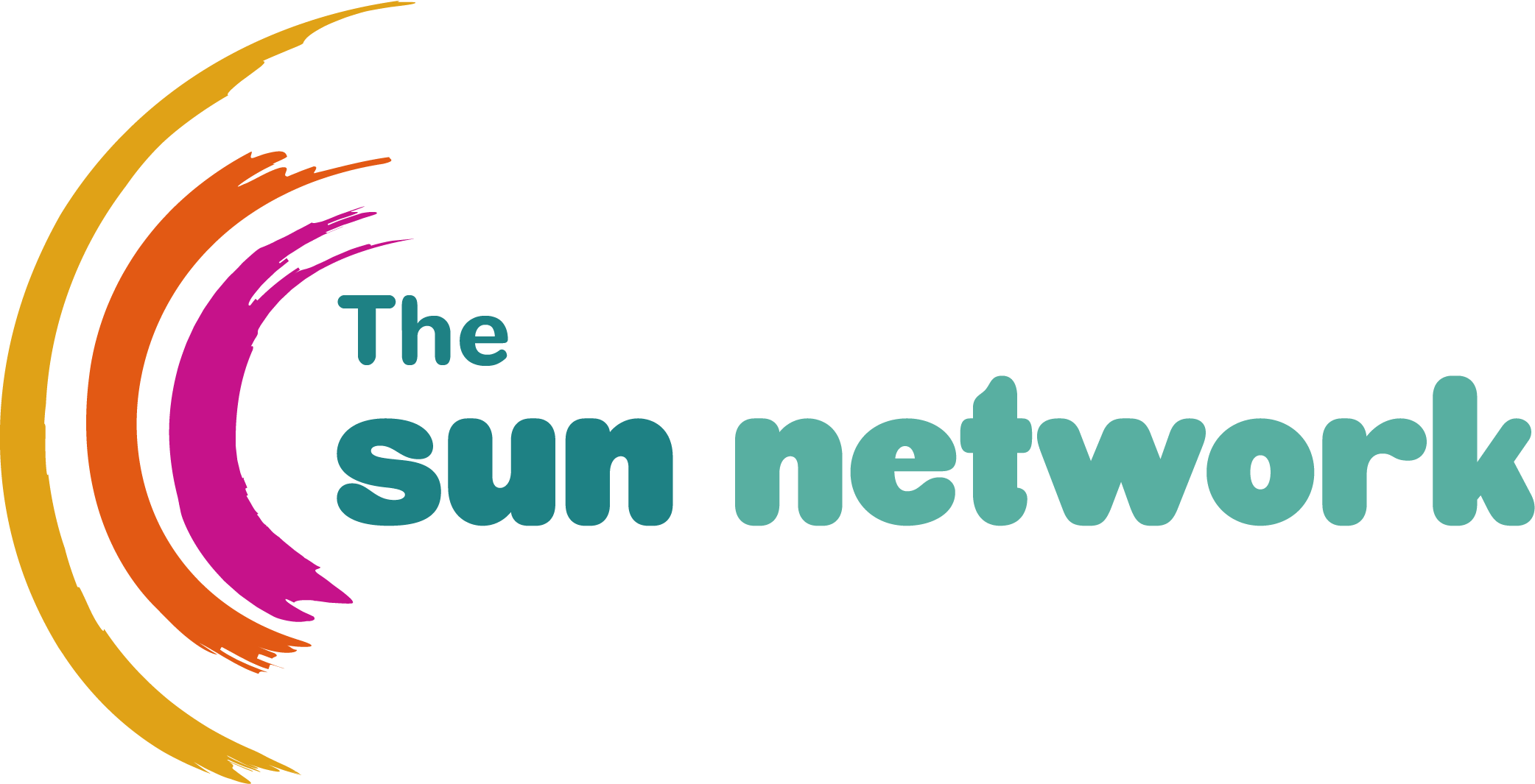Recovering from Addiction
(through Kindness)
Training Outline
See information about the rest of our Training here and contact KC at kc.cade@sunnetwork.org.uk
Audience:
This course is for people (volunteer, worker, family member) who care about someone with addiction; anyone ready to engage in a three hour long course to support another or their own addiction recovery.
Introduction:
Some of my sources include: Gabor Mate, a medical doctor who is considered one of the world experts on addiction. His book ‘In the Realm of Hungry Ghosts’ has over 270 external references. Johan Hari (author of, ‘Chasing the Scream’) has written insightfully on depression but I’d suggest, if nothing else, everyone check out his TED Talk, viewed 9.5 million times on Youtube ‘Everything You Think You Know About Addiction is Wrong‘. Finally, Tara Brach is a PhD psychologist and meditation teacher who brings together western psychology and eastern Buddhism, offering rich resources of guided kindness meditation practices.
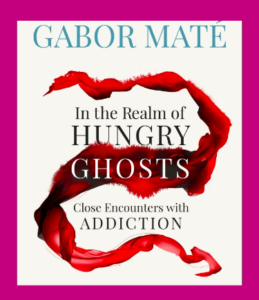
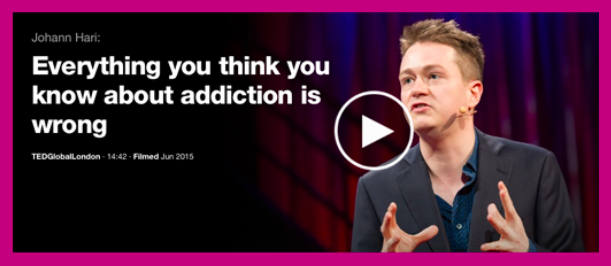

Disclaimer:
A prerequisite for recovering from addiction is something elusive, it’s being ‘ready’. 12 steps communities call it ‘rock bottom’ but it’s something we can’t predict and can’t force. We might not even be able to speed it up. What we can do is try to be available for someone when/if they become ready to recover. Another thing to clarify is that recovery is a bit like grief–you might understand that it happens in stages, but everyone goes through them differently. It’s not sequential; some stages are slower and some might be skipped over or repeated. A respected member of our local recovery communities says about addiction recovery, “There is only one way to recover, and that is your own” (which means to me that everyone’s recovery is unique to them and different from anyone else’s). I share principles that I think are important for recovery, but my examples are just examples of what help me. I hope the tools I found will inspire you to find your own ways that work for you or those you care about.
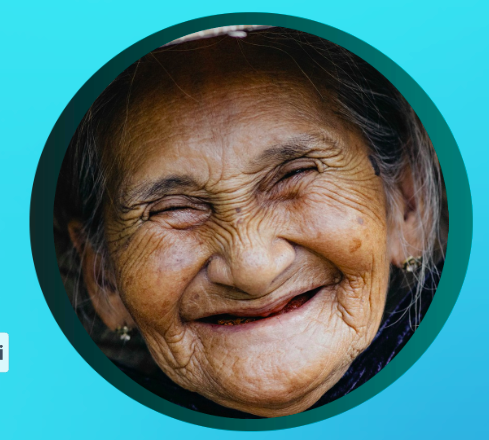
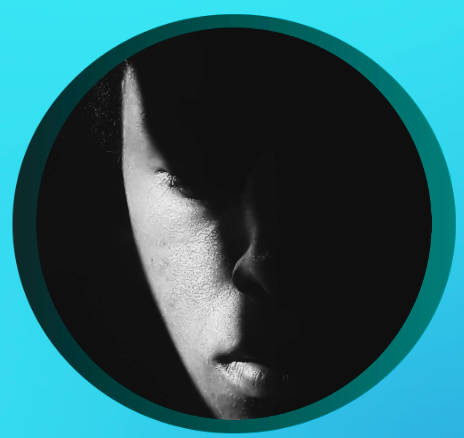
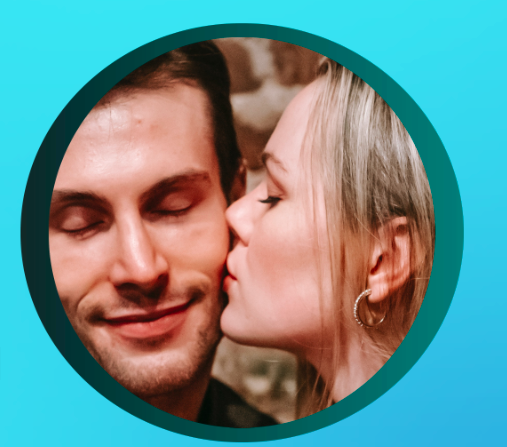
Stories:
I offer my own and others’ snippets of recovery stories and key moments along the process of hope, feeling pain, grieving, acceptance and growth. I believe stories are just about the best way to communicate, so I look for stories to go along with as many of my ideas as possible.

Defining Addiction and a few words about Kindness
We cover a practical way of viewing addiction, which can be viewed through many filters. Simply put, addiction is loss of control of a behaviour. If we can stop, then we aren’t addicted. We might not be ready or able to accept it even when it’s obvious to everyone around us. Very important to a compassionate perspective is the question of why someone struggles with addiction. The harm that happens inside us when something happens to us that is too much to bear is called trauma. Another way of looking at trauma is when we needed something to be safe or grow to be resilient and strong but it wasn’t available–neglect.
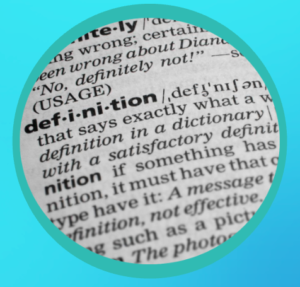

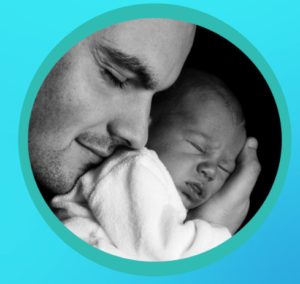
Kindness only works with boundaries, something that we have to learn and practice if we have mental health challenges such as addiction. If tough love is removing support to try to force someone to change, then I don’t think that’s the right motivation. If we have to remove ourselves or back away so we don’t enable someone’s actions hurting others, then that sounds like good boundaries–but kindness can still be the how we do the boundaries.
Hope through Kindness
Recovery from addiction starts with kindness. Little Claire’s story of self-care and gentleness is a good example with humour and insight. We might start by finding safe relationships of compassion that allow honesty, vulnerability and perseverance. Kindness is a powerful force that shows hope to someone who often feels despair and thinks of them-self as useless. How can I start to show myself kindness? I need someone else to be kind to me. Putting myself in those conversations and places is a crucial action that says, ‘maybe I’m worth love’. We judge ourselves so harshly, so finding a tribe of others with similar experiences can be the beginning of change and healing. When addiction is strong and deeply established, we may have spiralled into self loathing. So we need a community, a tribe, where we can see for ourselves that we aren’t the worst, that recovery is possible, while experiencing kindness for ourselves from others who have been there.
Compassionate Focused Therapy says that first we need to focus on the foundation of regulation at the basic brain level…
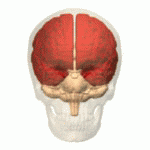
…before we can then work on relating, and finally, and lastly, should we expect ourselves to be ready to work on the function of reason, which we might otherwise start with, struggle with, and get stuck in.
Accept Kindness
Recovery requires acceptance. Christy’s own story of how crucial it was for him to know he was accepted is here and Claire has accepted what heroin did for her the first time she used it. When we start to feel accepted by others, it’s good to start our own self-care practices. These are tools and habits that help us to grow our own resilience as individuals add to our confidence and strengthen the image we have of ourselves.
Grief has been a specific part of my recovery story. I share about a week when I noticed my feelings were particularly sad and difficult. Building on what I’d been learning in recovery, I was aware of an instinct to avoid these feelings but a new and stronger feeling to take time and allow myself these feelings. Over the span of one week in particular, I started realising that I was talking through, and letting out, the same feelings on daily phone calls with members of my recovery community. I recognised an old instinct to stop myself and not be a bother to people. But a newer thought was to keep allowing myself to talk through these feelings. And by the end of the week I noticed a shift in what I was saying and how I was feeling. Looking back, I was grieving and at the end of the week something had improved.
Connect with Kindness:
My early experiences of kindness made a big difference in my recovery. Kindness from others and kindness that I stumbled into practicing for myself. Both of these stories helped me to connect with others and start connecting with myself.
Notice Christy’s isolation in this part of his story. Connecting with others helps us to feel safe. It might not be easy to trust others if we’ve been hurt. Many whose lives have been turned upside down by addiction have had serious abuse, often in childhood. So gentle kindness with safe people where we can practice autonomy and power to make our own decisions is important. But we are social animals. We are wired for connection and to have others in our lives. Recovery involves cultivating connecting actions, habits & practices.
Honesty with Kindness
Why do some behavioural addiction professionals suggest a lie detector test for those who want to recover from addiction? Addiction involves shame and isolation, and escape. We might have learned to avoid painful things many years ago and relearning to face challenges is often tough and new. Compounding our shame, we usually lie to others to hide and cover our addictive behaviours and over time we don’t always realise how much we avoid the truth. So an important practice in recovery is honesty. As we experience kindness and compassion we can admit to things that were too much to face. Our self esteem grows as we become ready to face the truth and we can strengthen our character, take responsibility for our own actions and forgive others’ mistakes and eventually the big test of our progress is whether we work to forgive ourselves.
Helping with Kindness:
Getting help is important. We hope everyone can work on their mental health through therapy. But an important part of recovery that we don’t get in therapy is the opportunity and encouragement to offer help to others. If we wait until everyone has recovered completely before inviting them to serve others, we will deprive them of an important part of their own recovery. We find meaning, we feel good about ourselves, we make a difference and we enjoy the satisfaction of practicing kindness to others. The therapeutic and healing benefit of practicing kindness is significant. This strengthens our self-worth, both offering help, and (sometimes much harder) asking and allowing offers of help.
“…when we experience empathy for someone in pain, we engage the same brain structures as the person in pain. In other words, pain and empathy for pain activate the same neural networks.” Lisa J. Miller, The Awakened Brain (p199)
Feel with Kindness:
Addiction is a problem with how we regulate and process emotions. So we will only get so far with distracting and diverting from our feelings. For recovery we need to learn and practice feeling those pesky feelings. We practice mindfulness where we dare to slow down, accept our feelings and gently rewire our brains to enjoy simple easy and healthy soothing, while we wean ourselves off the intense dopamine and wild peaks and valleys that were both appealing and destructive. The benefit of my first months of mindfulness were not what I expected. Yet I still enjoy a version of it today and can see how my perfectionism and harsh self-talk has eased.
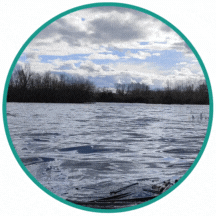
Practice with Kindness:
Mindfulness or meditation helps wellbeing in so many ways. R.A.I.N. taught by Tara Brach and invoking a specific feeling of love both help me. You can try them (but avoid triggering intense trauma if you think it might overwhelm you). With time, practicing recovery we find a new ability to feel our feelings, to accept our mistakes and face and process our shame. We build and take care of our own unique toolkit of the things that work for us, which might include practicing gratitude, affirmations and things as simple as noticing and appreciating our own and others’ laughter. When addiction is deeply ingrained it is a sort of self-harm. So healing involves taking care of ourselves–including our bodies.
Kindness among Shame:
Years of addictive behaviour gets messy. People are hurt and the person responsible can’t escape from that reality, at least not totally. A lot of guilt and shame is normally felt which isn’t quick or easy to resolve.
“Shame… has a tendency to effectively disconnect various functions of the mind from one another, leaving each domain of the mind as cut off from
one another as we feel ourselves to be disconnected
from other people.”
“to relationally confront our shame requires that we risk feeling it on the way to its healing.” Curt Thompson MD, The Soul of Shame
Forgiveness and acceptance doesn’t come easily, but we do better at forgiving ourselves in time through practicing kindness to ourselves. Setting an example that reminds us that we are worth care, even in our guilt and shame.
Conclusion:
Stories of interesting new evolving self care and embodied wellbeing practices paint a picture of how addiction recovery progresses and how different it is for each person. The optimism that’s come out of times of despair is refreshing and the improvement shows that with hard work and support, though not easy or guaranteed, healing is possible and does happen. It takes time and work, but it’s worth it, and we are worth it too.
Links to Resources:
- Awakened Brain, Lisa Miller
- Tara Brach, therapist, meditation teacher, Phd. & author
- The Soul of Shame, Curt Thompson
- Yohan Hari TED Talk, "Everything You Think You Know About Addiction is Wrong"
- Gabor Mate, "In the Realm of Hungry Ghosts" and many talks online
- Compassionate Focused Therapy
- Cells that Fire Together Wire Together
- Mental Health CBT AI app
- Alcohol & Other Drugs
- Cambrideshire Recovery Service
- Neuroscience of Habits, Velcro and Teflon
- David Best, "Better Than" Addiction Recovery
